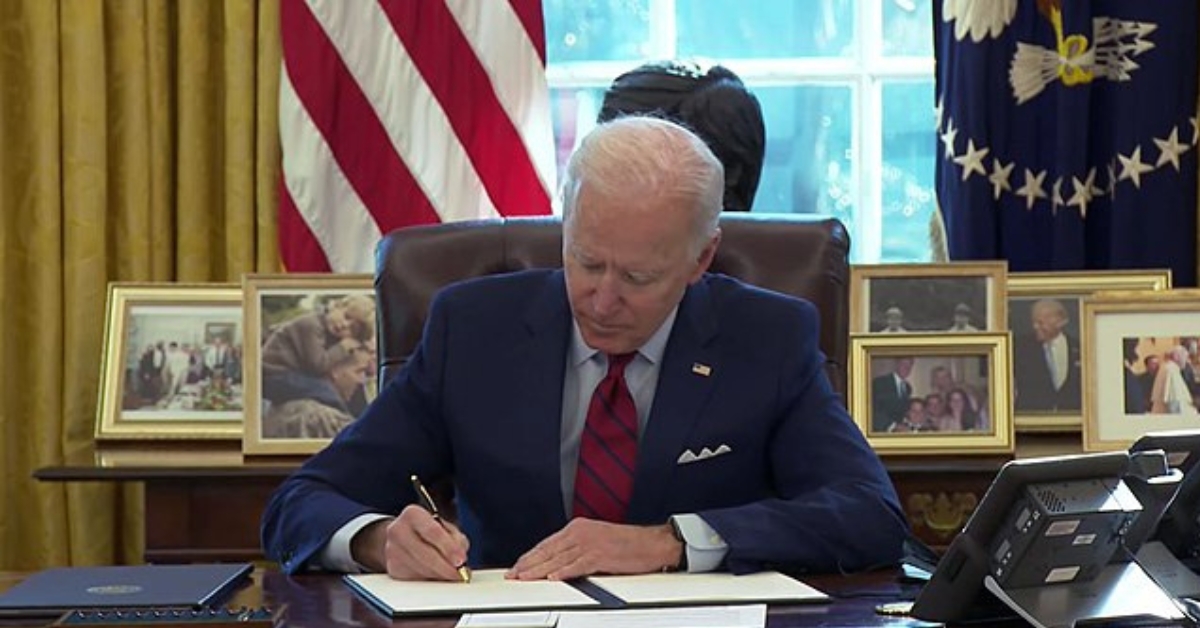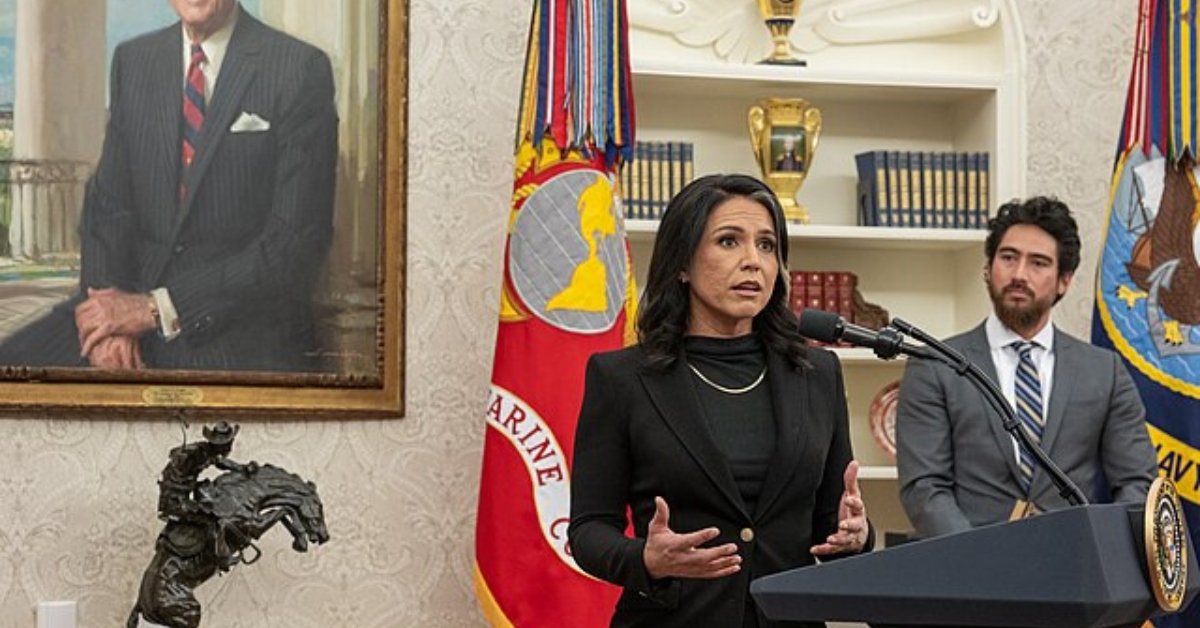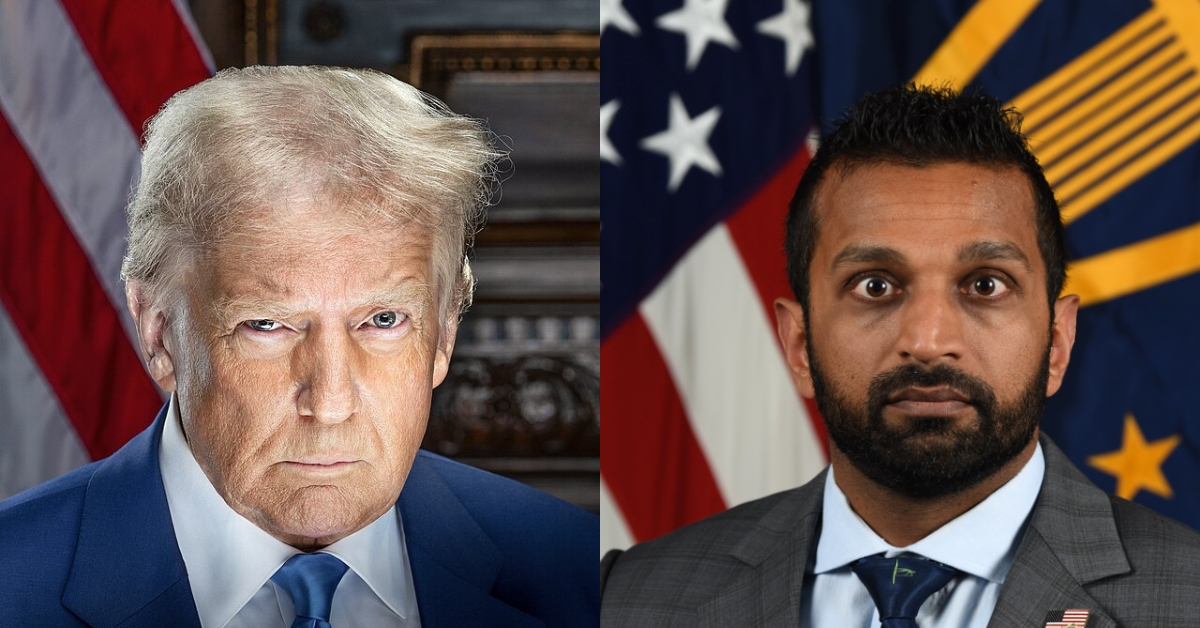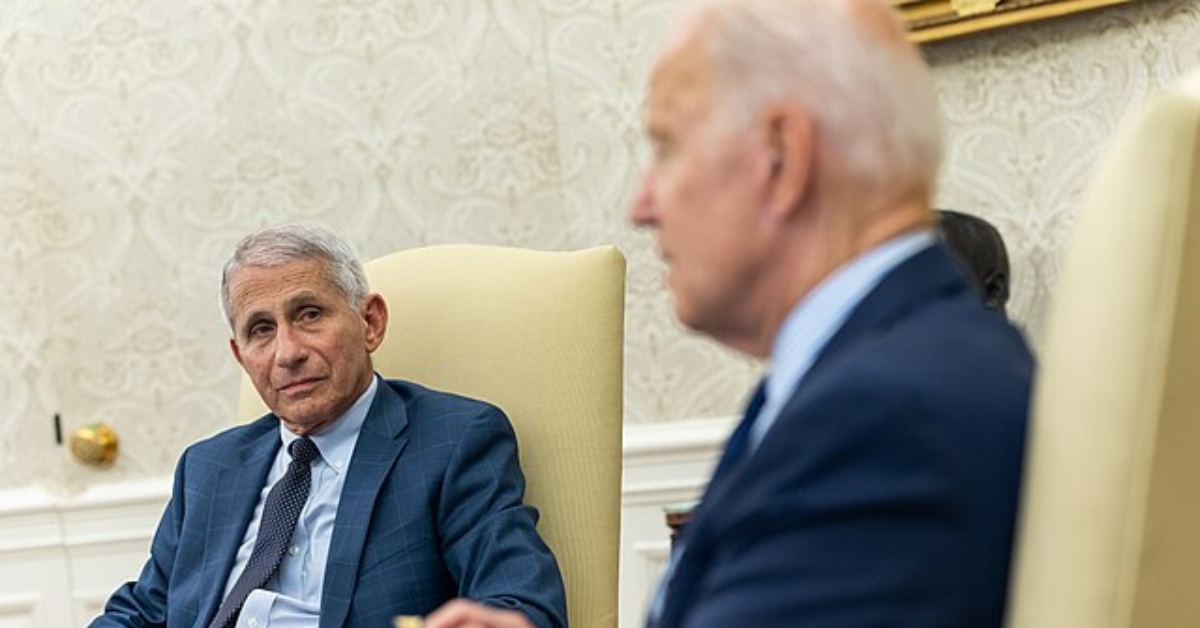
US House’s TikTok Bill Disturbingly Grants Presidents Power to Ban Websites
In a significant move that underscores the rising tensions between maintaining digital freedom and ensuring national security, the House of Representatives has passed a bill with strong bipartisan support theoretically aimed at TikTok, a social media juggernaut, and its parent company, ByteDance. The Protecting Americans From Foreign Adversary Controlled Applications Act represents a firm stance against what is perceived as a growing cybersecurity threat from China, with TikTok at the center of these concerns. However, this legislative action has sparked a complex debate over the implications for internet freedom and the potential overreach of executive power.
Rep. Thomas Massie (R-KY) views the legislation as a “Trojan horse” due to the bill’s broad and potentially far-reaching implications. Massie’s critique underscores a fundamental concern: the legislation might not only target a single app but also grant the President unprecedented authority to ban entire websites, fundamentally altering the landscape of internet freedom in the United States. His opposition reflects a broader anxiety about the erosion of First Amendment rights and the expansive powers the bill would confer upon the executive branch, with implications far beyond TikTok itself.
The bill demands ByteDance to divest TikTok within a tight timeframe or face prohibition—a measure that President Joe Biden has indicated he would support, aligning with a bipartisan consensus on the need to protect national security interests over the platform’s operational status in the U.S. Yet, the Senate’s reception of the bill remains uncertain, with key figures advocating for a careful review and possible amendments to ensure the legislation’s precision and efficacy.
Critics from both sides of the aisle, including Massie, have articulated their concerns regarding the bill’s potential to infringe upon free speech and the broad enforcement powers it would allocate to the executive branch. This opposition is a principled stand against what is perceived as an overreach that could set a dangerous precedent for digital governance and individual liberties.
Proponents of the bill, like Rep. Mike Gallagher and Rep. Raja Krishnamoorthi, argue that such legislative measures are essential for safeguarding America’s digital infrastructure. They contend that platforms like TikTok pose a real risk of being exploited for data collection on U.S. citizens and could serve as conduits for foreign powers to disseminate disinformation, thus justifying the bill’s stringent provisions.
As the Senate deliberates on the bill, the debate over the future of TikTok in the U.S. encapsulates a broader confrontation between the imperatives of national security and the principles of digital freedom. The outcome of this legislative process will not only determine TikTok’s fate but also set a precedent for how the U.S. navigates the complex terrain of cybersecurity, foreign influence, and the right to free expression in the digital age.














